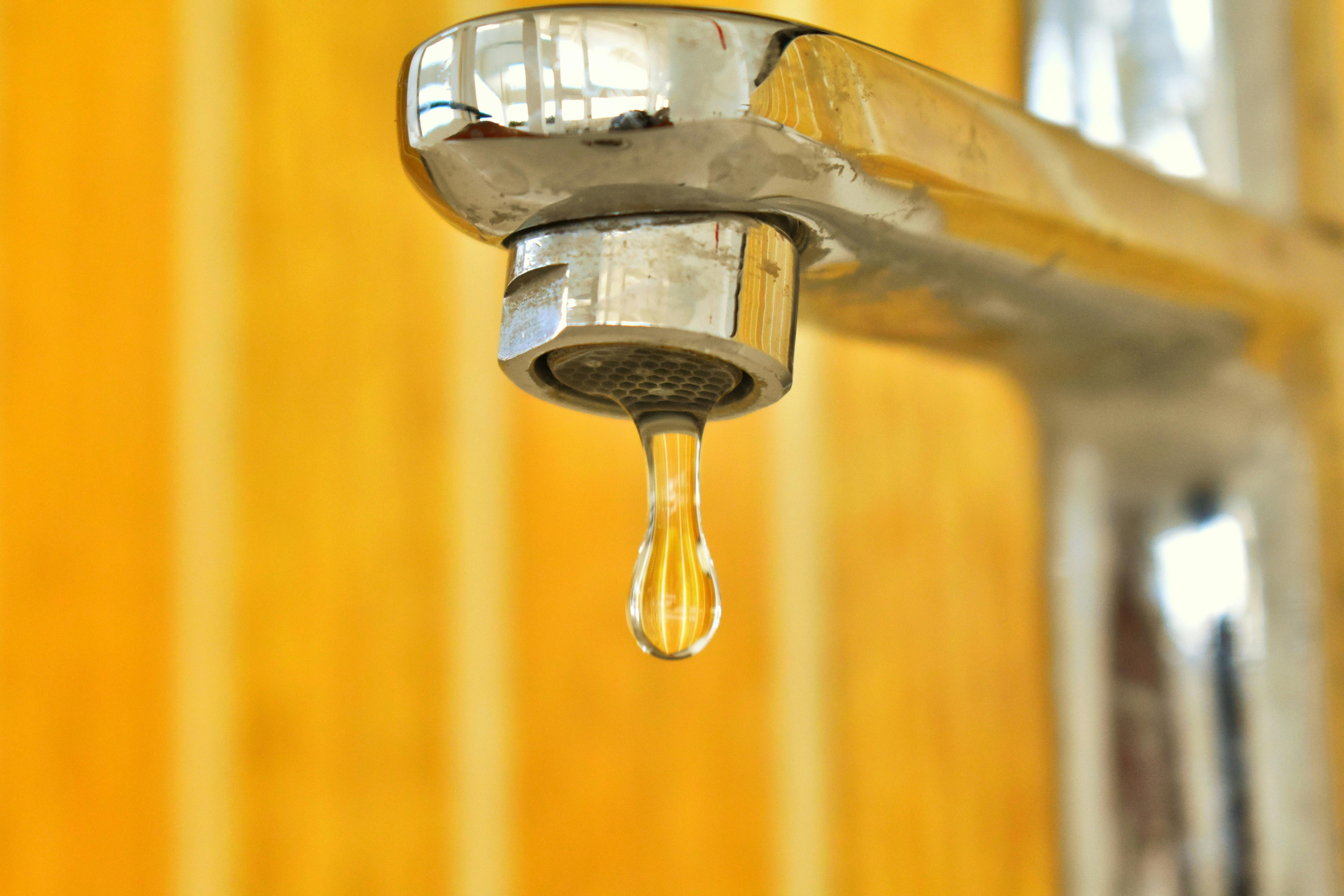
Water damage can be a homeowner’s worst nightmare, leading to costly repairs and long-term issues. It often starts small, with minor leaks or drips that go unnoticed until significant damage is done. Proper plumbing care is vital to prevent these problems and maintain a healthy home. This article will explore a few tips and practices to prevent water damage through intelligent plumbing care.
Understanding the Sources of Water Damage
Before diving into prevention, it’s necessary to understand where water damage typically originates. Common sources include leaky faucets and pipes, clogged drains, faulty water heaters, washing machine issues, and weak points in the roof. Identifying these sources early can help in taking preemptive measures to protect your home.
Addressing Leaks Promptly
A tiny leak might seem insignificant, but it can quickly escalate into a more severe issue causing extensive water damage. As soon as you notice a drip or wet spot, address it immediately. Tightening connections, replacing worn-out washers, or reapplying proper sealants can often resolve minor leaks. If the problem persists, consult a professional to prevent further damage.
Monitoring Water Pressure
High water pressure can put undue stress on your plumbing system, leading to potential leaks and bursts. It’s important to monitor and maintain a moderate water pressure level. Installing a pressure regulator can help ensure your water pressure remains within safe limits. Conducting periodic checks using a simple pressure gauge can help detect and address any anomalies promptly.
Regular Inspection and Maintenance
Regular inspections are vital in maintaining your plumbing system. Scheduling a periodic check with a professional plumber can help catch potential issues before they escalate. During these inspections, focus on checking under sinks, around toilets, and near appliances for any signs of moisture or leaks. Even a small amount of corrosion or mineral buildup can indicate a lurking problem. In cases where complex plumbing issues arise that require specialized interventions, seeking assistance from full-service plumbing experts in Illinois can provide peace of mind and effective solutions. Consulting professionals for significant repairs ensures that the job is completed correctly and effectively.
Maintaining Appliances
Household appliances like washing machines and dishwashers can be significant sources of water leaks if not properly maintained. Regularly check hoses for wear and tear, and replace them if necessary. Ensure that connections are secure and that the appliance is level to prevent water from pooling. Consider installing a water leak detection system to catch leaks early.
Seasonal Preparation
Different seasons bring different challenges. In the winter, freezing temperatures can cause pipes to burst. Insulating exposed pipes, especially those in unheated areas like basements or attics, is essential. During heavy rain seasons, ensure your gutters are clear, and your sump pump is working correctly to manage excess water. Being proactive about seasonal changes can greatly reduce the risk of water damage.
Proper Drain Care and Maintenance
Clogged drains are a common cause of water damage. Grease, hair, and other debris can accumulate in your pipes, eventually leading to blockages. Use drain covers to catch larger debris, and avoid pouring grease or heavy substances down the sink. Regularly clean your drains using safe, non-corrosive methods such as a mixture of baking soda and vinegar followed by hot water to keep them clear.
Educating Household Members
Proper plumbing care isn’t solely the responsibility of one person; educating everyone in the household about the importance of maintaining the plumbing system can have a significant impact. Teach family members how to identify early signs of leaks and explain the importance of reporting any issues immediately. This collective effort can expedite the identification and resolution of potential problems.
Emergency Preparedness
Despite taking all preventive measures, emergencies can still occur. Being prepared with a set of emergency protocols ensures that you can act swiftly to mitigate damages. Know the location of your main water shut-off valve and ensure it’s easily accessible. Keep emergency contact numbers for professional plumbers handy. Equip yourself with basic plumbing tools and knowledge to address minor emergencies while waiting for professional help to arrive.
Utilizing Smart Home Technology
Today, smart home technology offers various tools to help prevent water damage. Devices such as smart leak detectors can send alerts to your phone at the first sign of moisture. Automated shut-off valves can even stop the water supply to prevent a small leak from turning into a disaster. Integrating these technologies into your home can provide an extra layer of protection and peace of mind.
Wrap-Up
Preventing water damage starts with diligent plumbing care. By understanding the common sources of water damage, conducting regular inspections, addressing leaks promptly, maintaining drains and appliances, monitoring water pressure, and preparing for seasonal changes, you can safeguard your home against costly and disruptive water damage. A little proactive effort goes a long way in keeping your plumbing system in top shape, ensuring a safe and comfortable home environment.